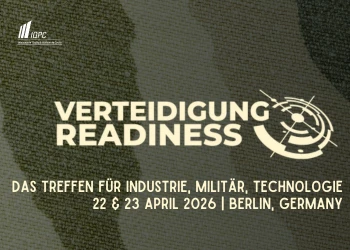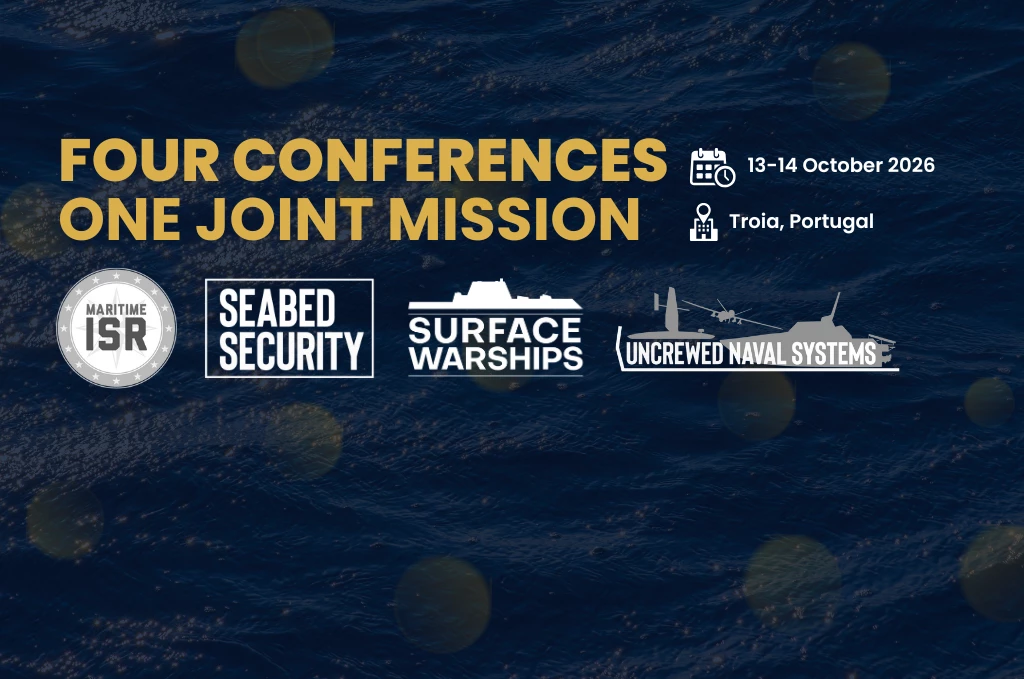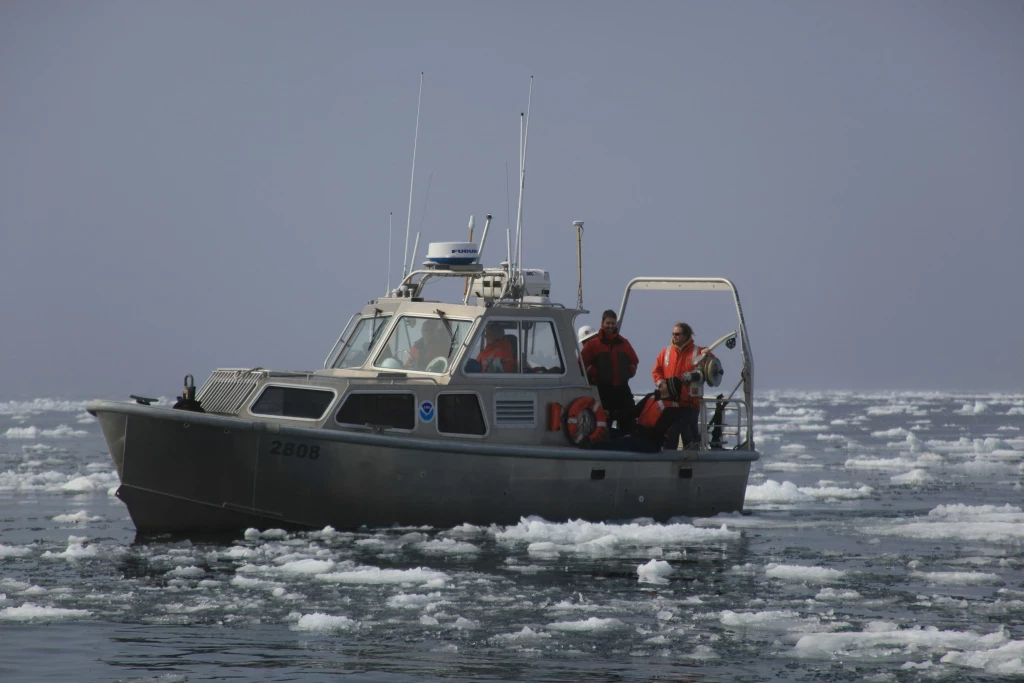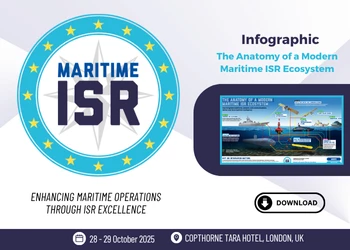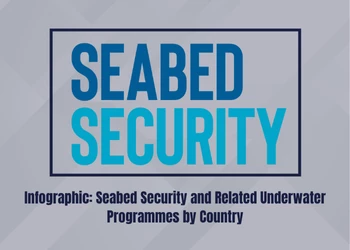Part I: How a joined-up approach can tackle the global drug and organised crime problem
Add bookmarkThe fight against the world drug problem is a joint and shared responsibility that must be assumed in a coordinated manner with respect to every link in the drug chain: demand, production, trafficking, distribution, diversion of precursor chemicals and controlled substances used in the production of illicit drugs, asset laundering, the trafficking of firearms and other connected crimes. Furthermore, a balance must be maintained between reducing demand and controlling supply so that the tasks at either end of the spectrum are mutually reinforced within the scope assumed by politically and legally binding agreements.
Cooperation in these areas remains rooted in the principles of the United Nations Charter, international law, the Statute of the Organization of American States and its supporting organs and the domestic legislation of participating countries. Further to this, in the pursuit of actions and programs all possible sources of technical support and financing encompassing South-South cooperation, North-South cooperation, and intergovernmental backing are being retrieved. These are generously underwritten by entities such as the United Nations Office on Drugs and Crime (UNODC) the Inter American Development Bank (IADB), the Inter American Drug Abuse Control Commission (CICAD), and the Central American Bank for Economic Integration, not to mention European Union allies under the aegis of the Stability Instrument. At the core of all of this is the need to promote effective cooperation in real time and strengthen the capacity of partner nations for response to control illicit trafficking. [Download the report to read more…]
[inlinead]






